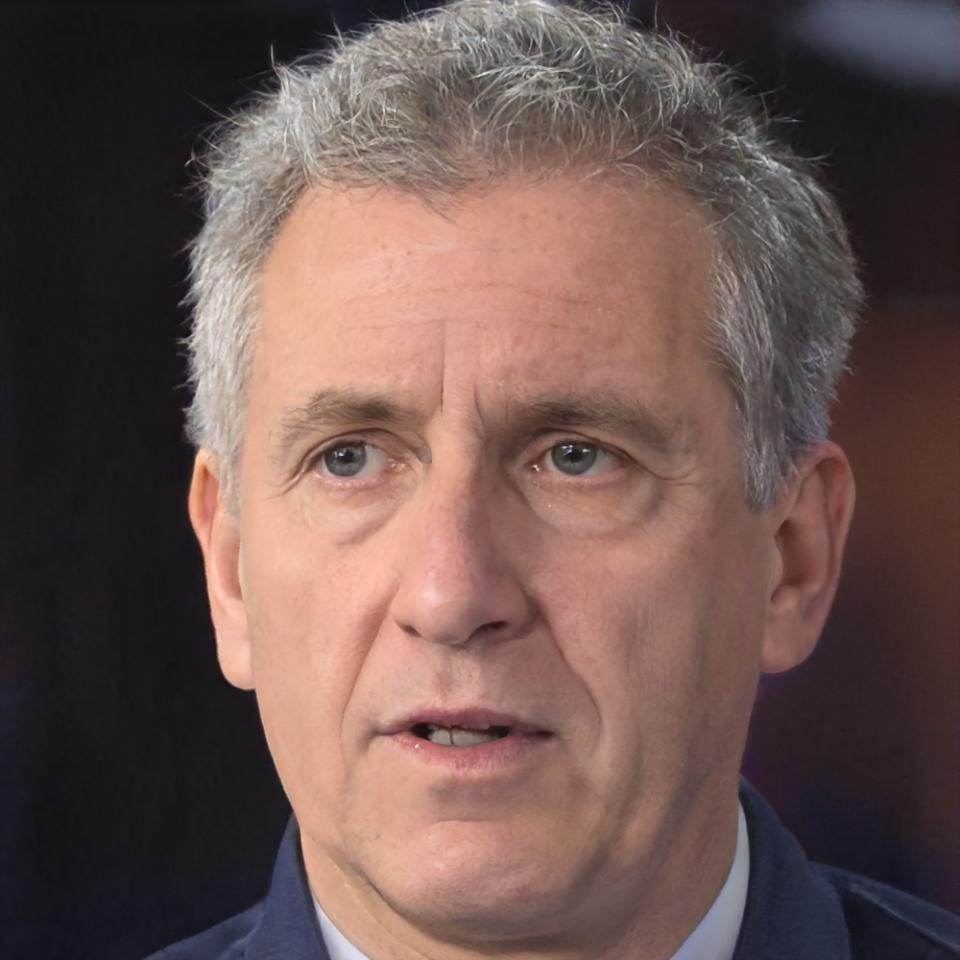
Learning Through Doing
Every module pairs theory with immediate application. You won't just hear about portfolio diversification—you'll build one from scratch using the same platforms professionals use. Budget planning? You'll work through three months of simulated expenses, complete with surprise costs and income fluctuations.
This mirrors reality better than any case study could. When students hit roadblocks, they troubleshoot with guidance rather than getting handed solutions. That friction matters. It's where actual learning happens, where patterns start making sense beyond the classroom.
We track progress through practical milestones, not tests. Can you analyse a real balance sheet? Set up automated savings that actually work? Spot the red flags in a loan agreement? Those capabilities matter more than grades ever could.
Who's Teaching You

Lennart Voss
Fintech Specialist
Spent a decade building payment systems before switching to education. Brings uncomfortable honesty about what works and what doesn't in digital finance.

Siobhan Kilpatrick
Investment Educator
Former wealth advisor who got tired of gatekeeping. Now focuses on demystifying investment concepts for everyday people trying to build stability.

Vesna Tomić
Banking Systems
Worked in backend banking infrastructure for eight years. Specialises in explaining how money actually moves through digital systems and why timing matters.
How Sessions Actually Run
Context Before Content
We start every topic with why it matters to you specifically. Not theoretical importance—actual relevance to your financial situation. Then we introduce tools and concepts you'll use immediately, not someday.
Guided Exploration
You work through scenarios with an instructor watching over your shoulder (virtually or in-person). They catch mistakes as they happen, explain the ripple effects, then let you try alternative approaches. No judgment, just course correction.
Group Problem Solving
Small cohorts tackle complex situations together. One person's question usually sparks ten more. This collaborative friction uncovers blind spots and builds deeper understanding than solo study ever could.
Real-World Application
Between sessions, you apply what you've learned to your actual finances—with safeguards and review built in. This isn't homework. It's practice that matters, using your real context as the testing ground.

Next Intake Opens August 2025
We're planning the autumn program now. Twelve weeks, two sessions per week, capped at fifteen participants so everyone gets direct attention. The focus is practical capability—walking away with skills you'll use within days, not years.
Sessions run evenings and weekends to fit around work schedules. You'll need a laptop and willingness to dig into your own financial patterns. That vulnerability is what makes the learning stick.
Previous cohorts have ranged from fresh graduates to people in their fifties finally tackling money management. The mix actually helps—different perspectives expose assumptions everyone else missed.
View Program Details